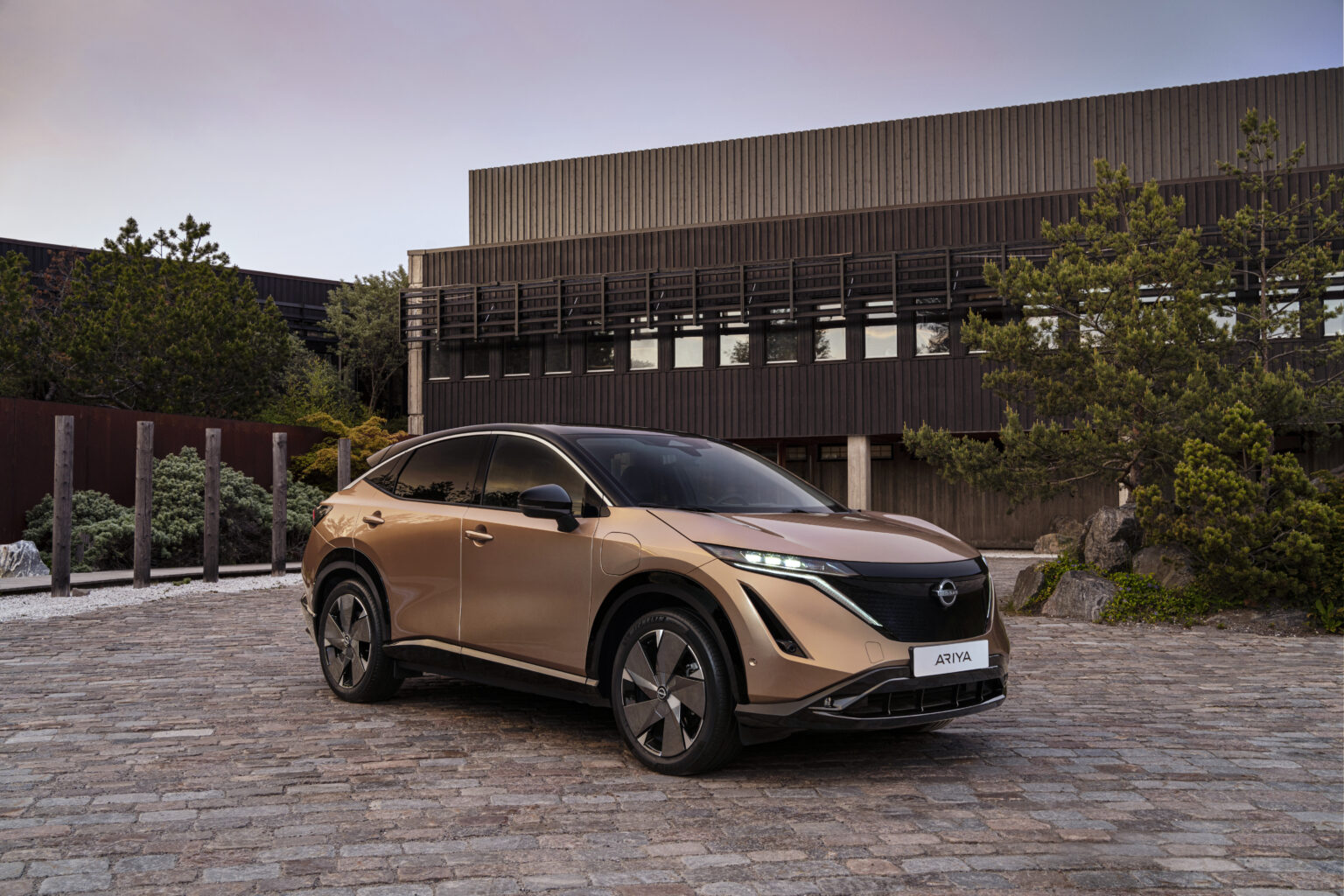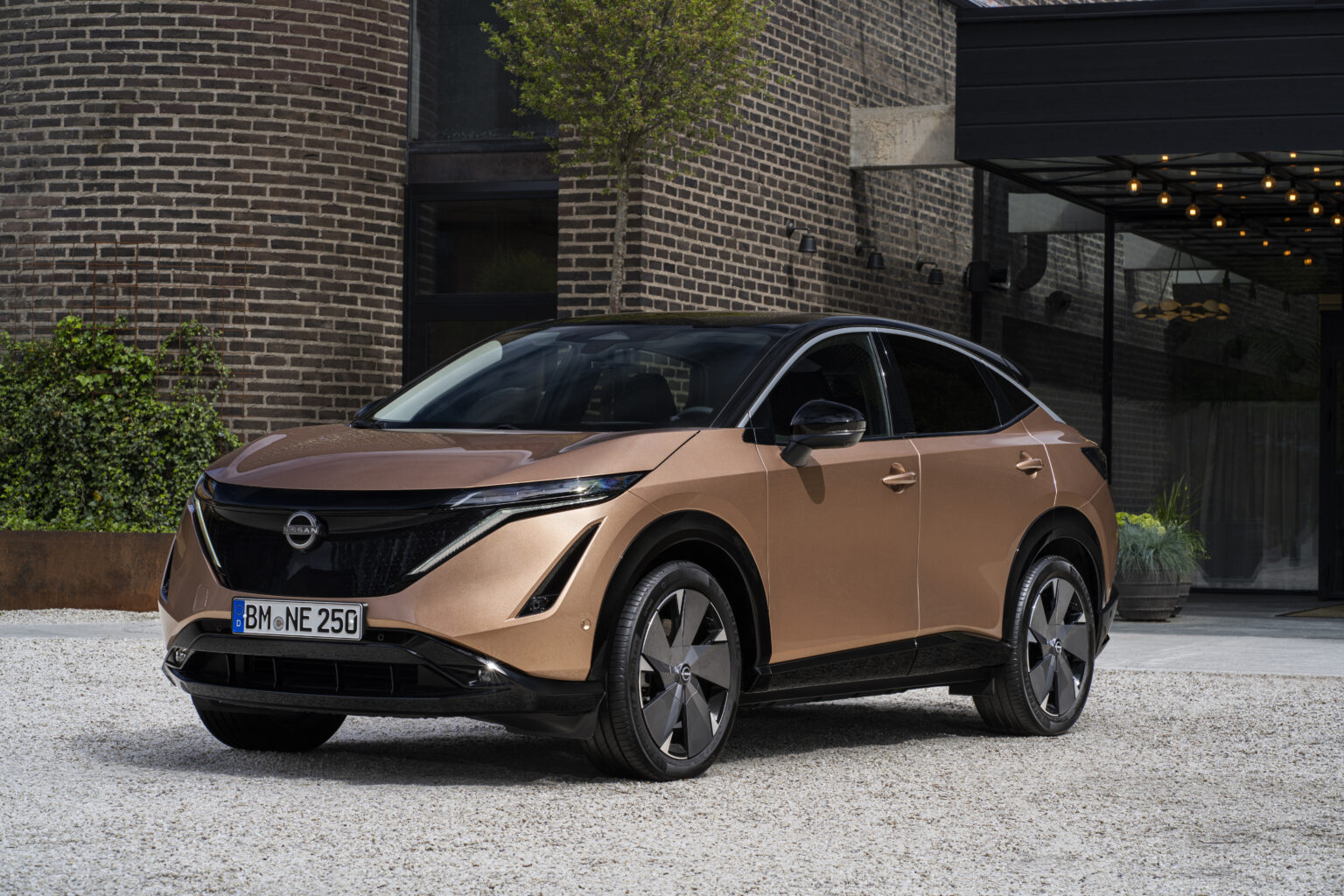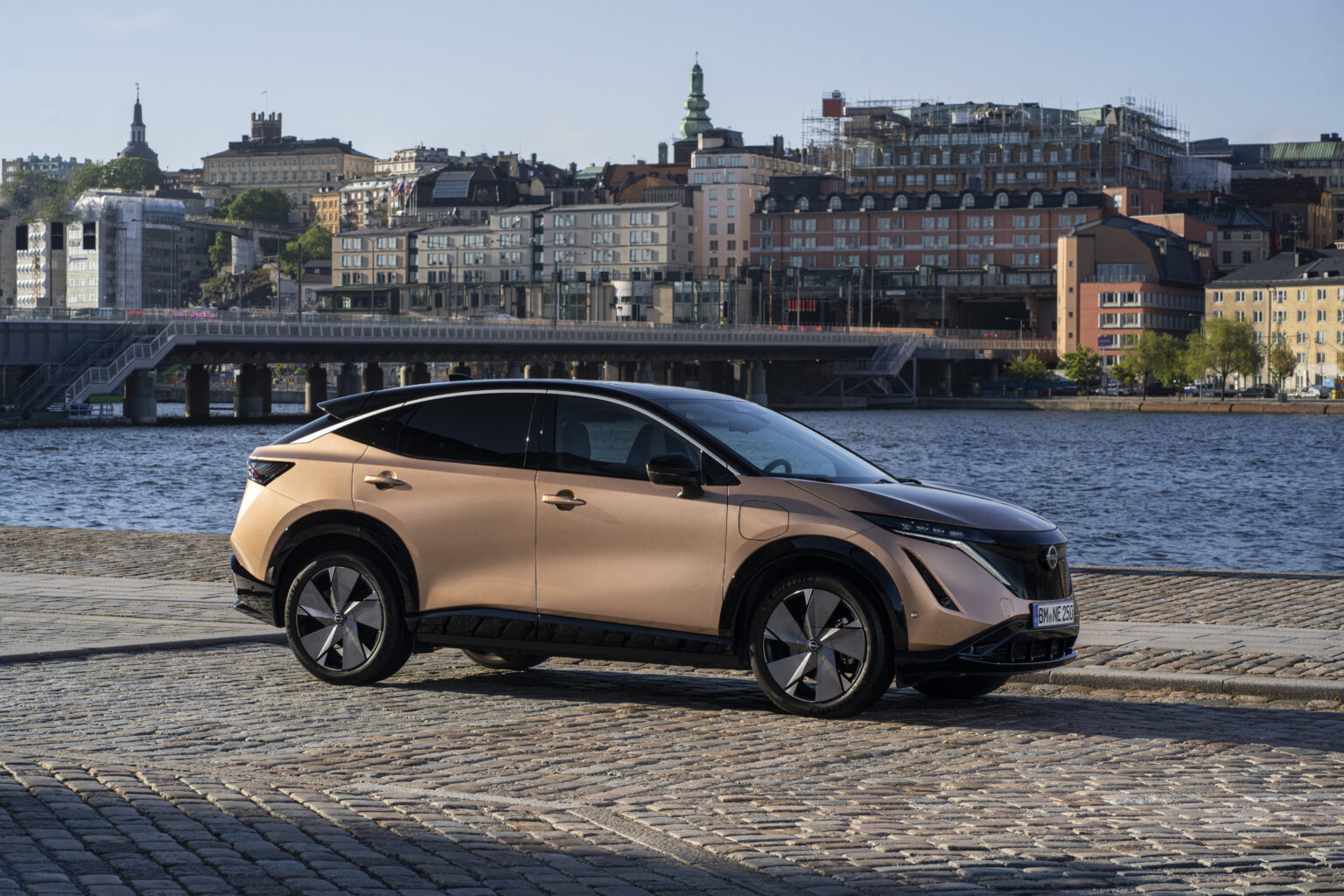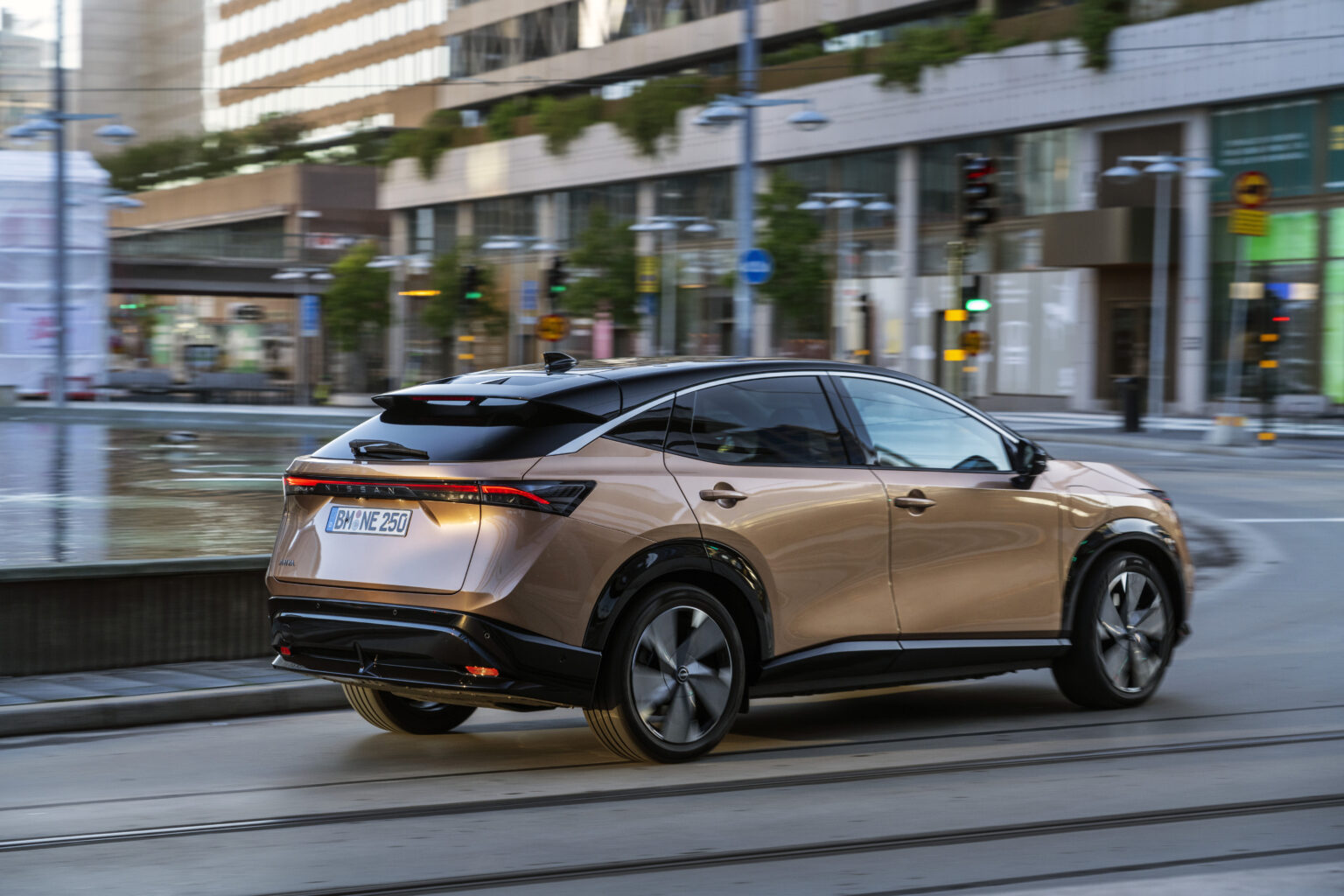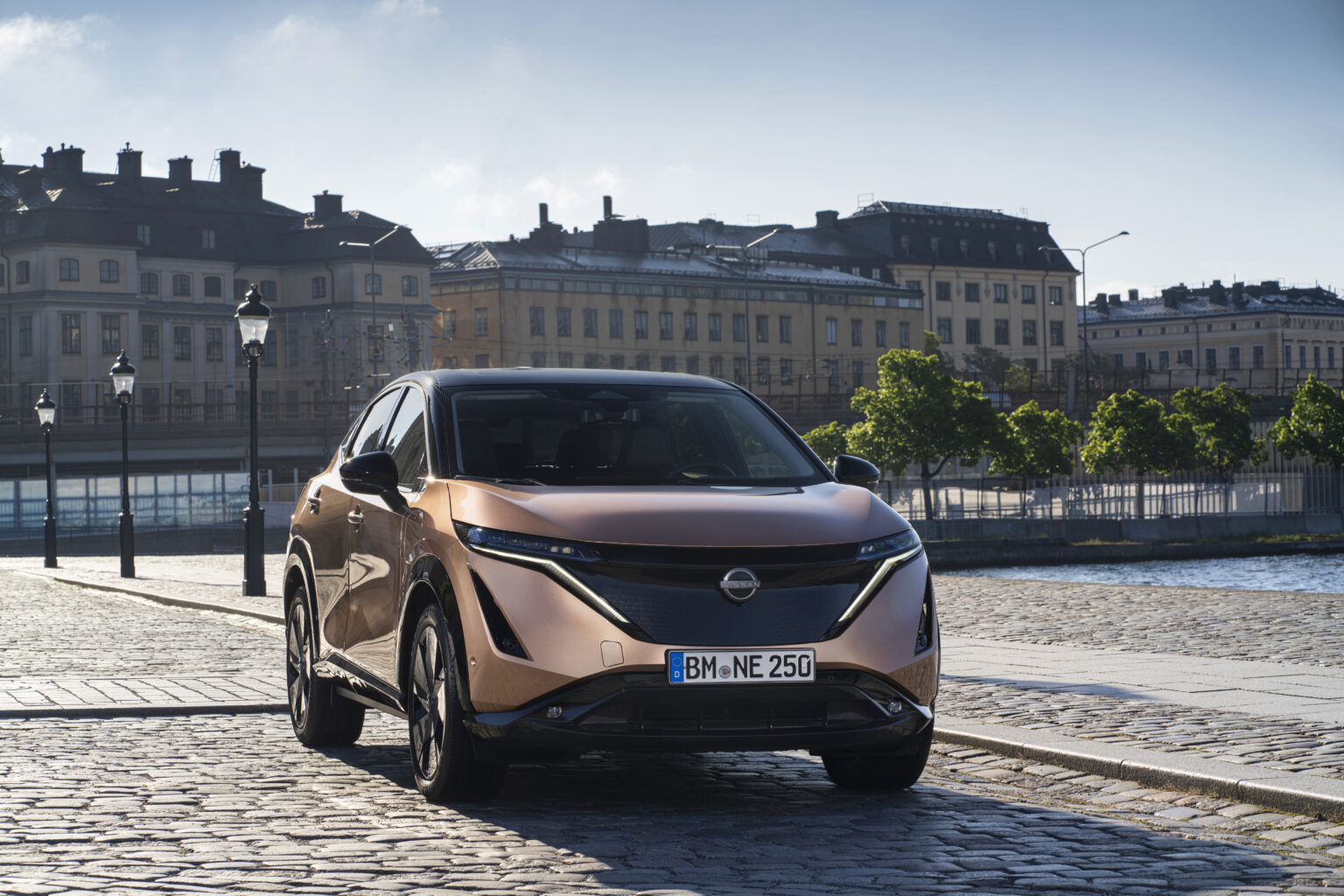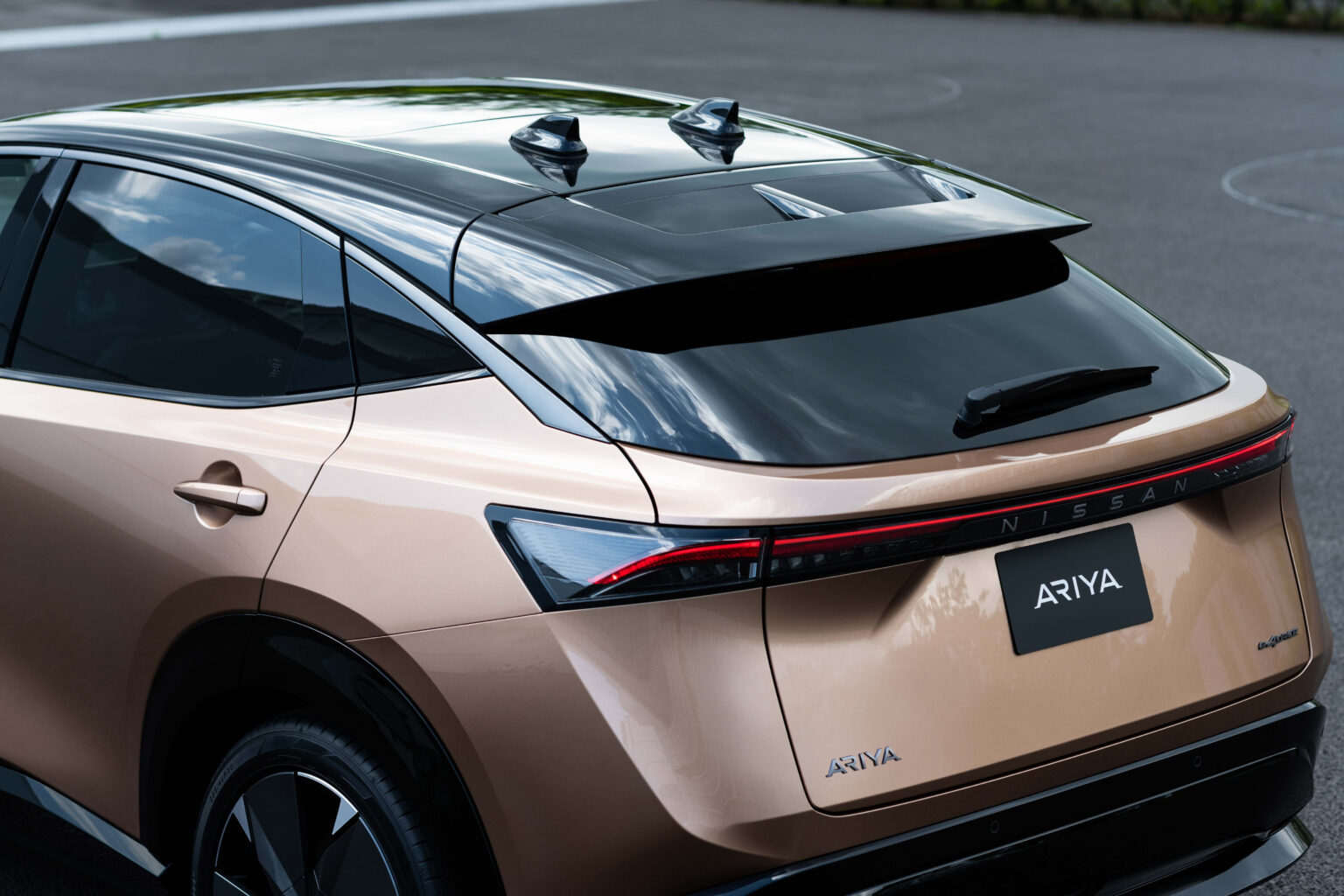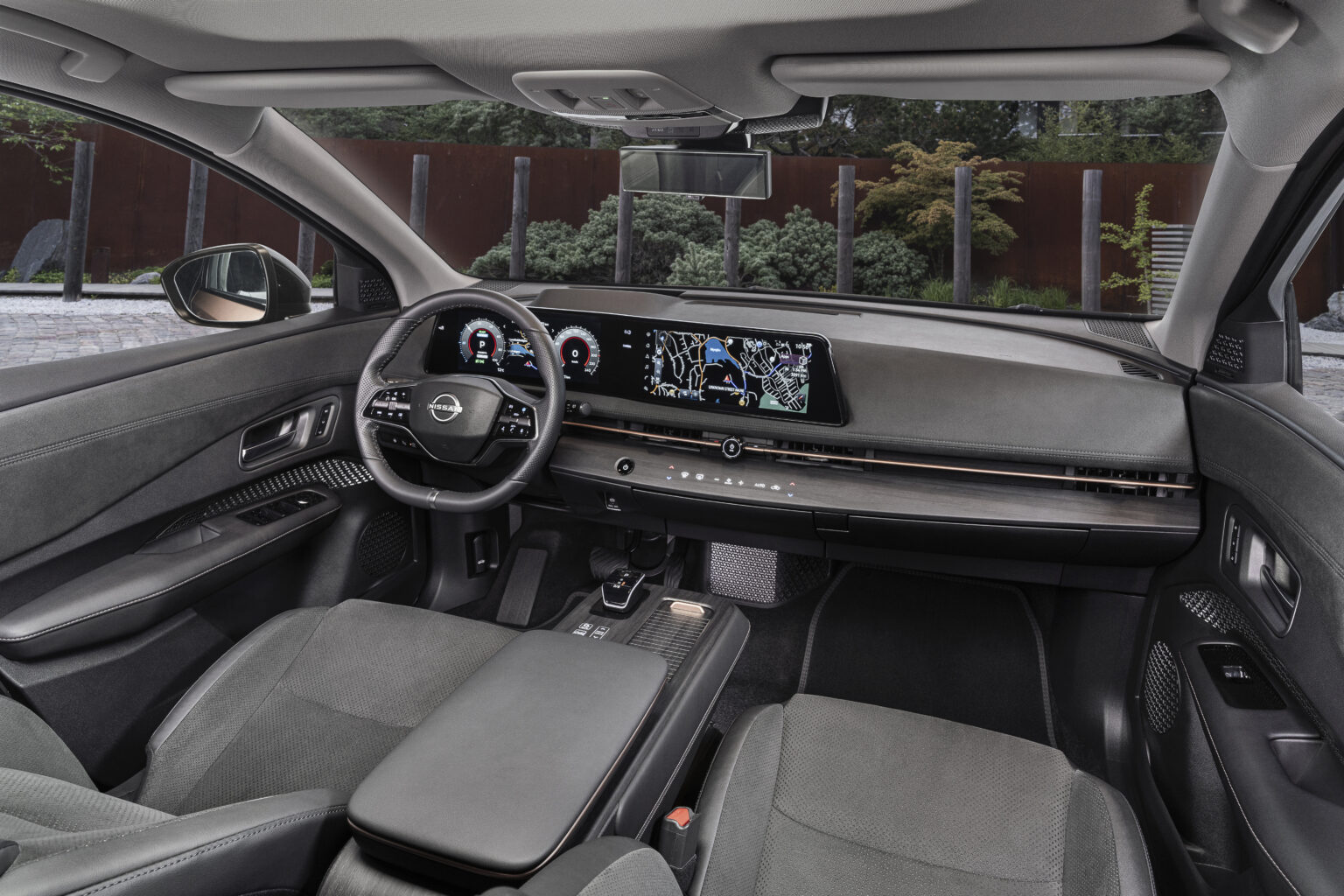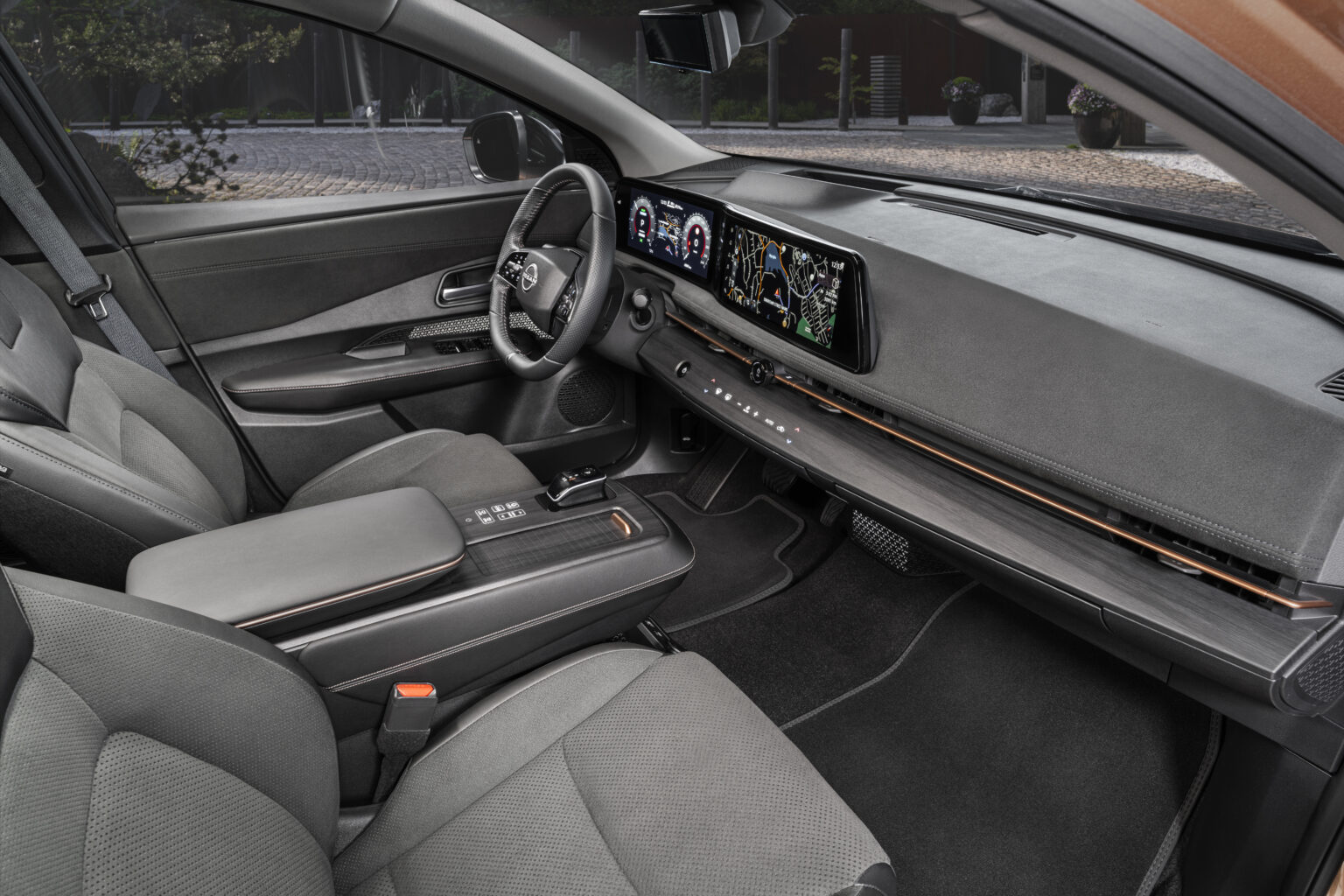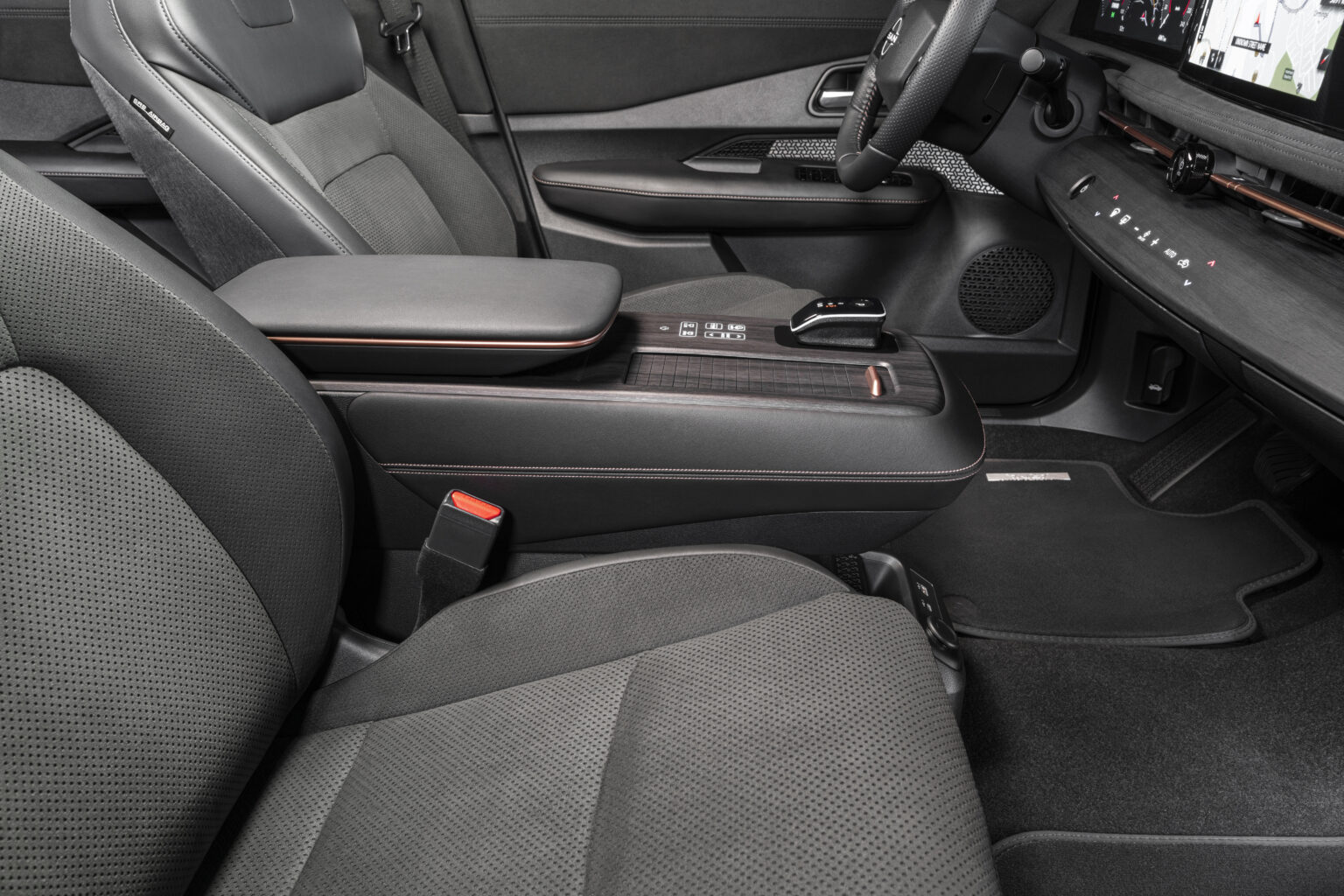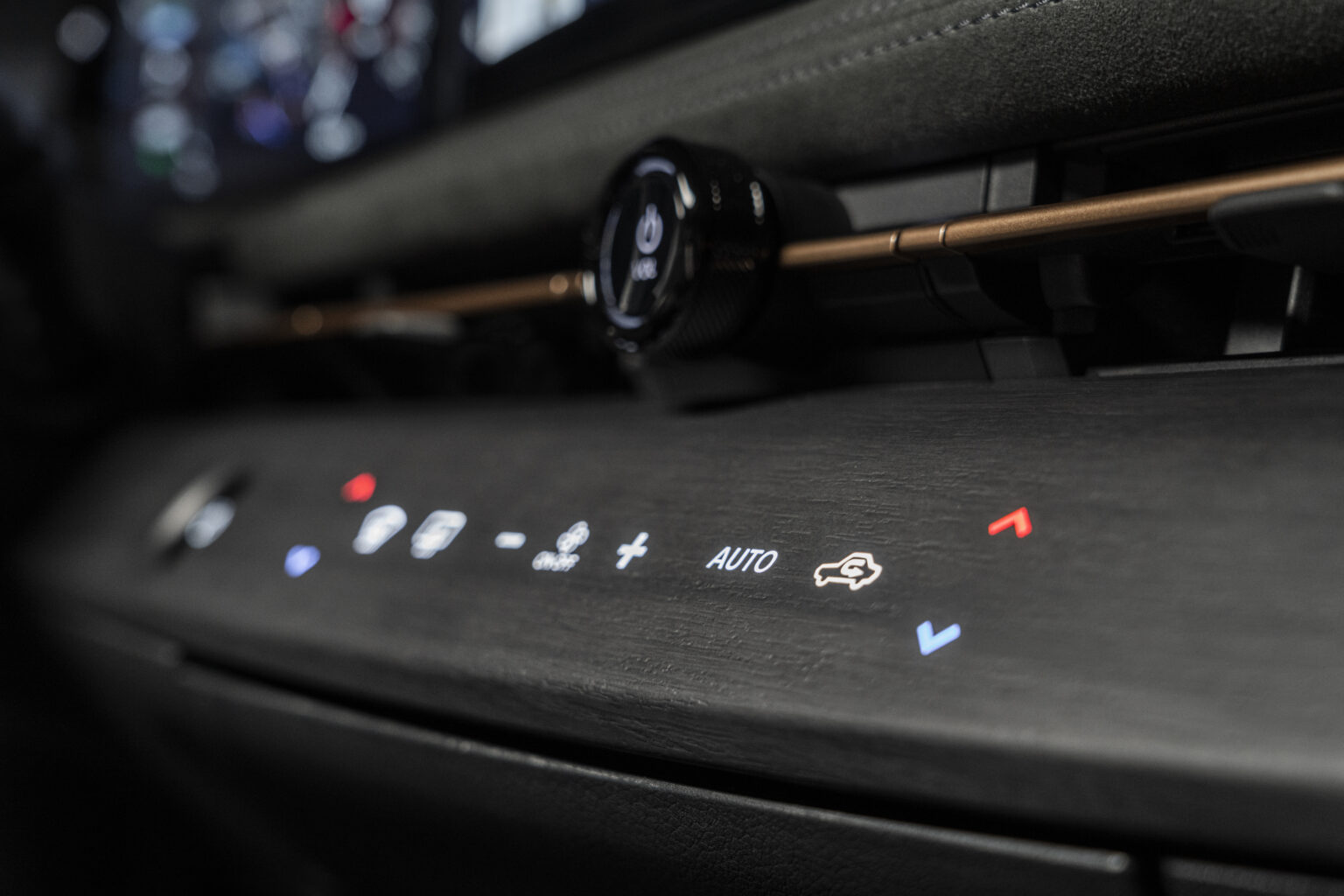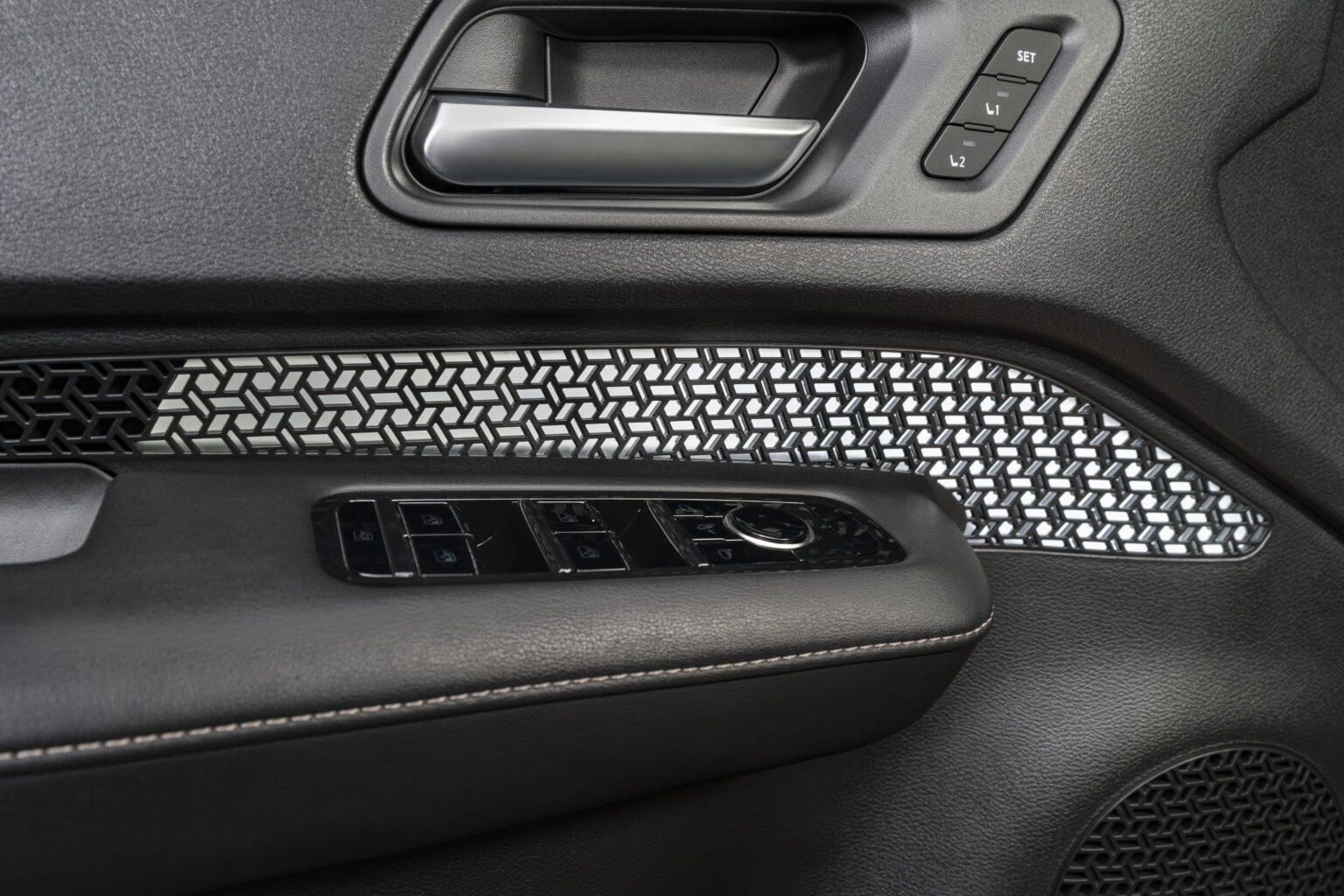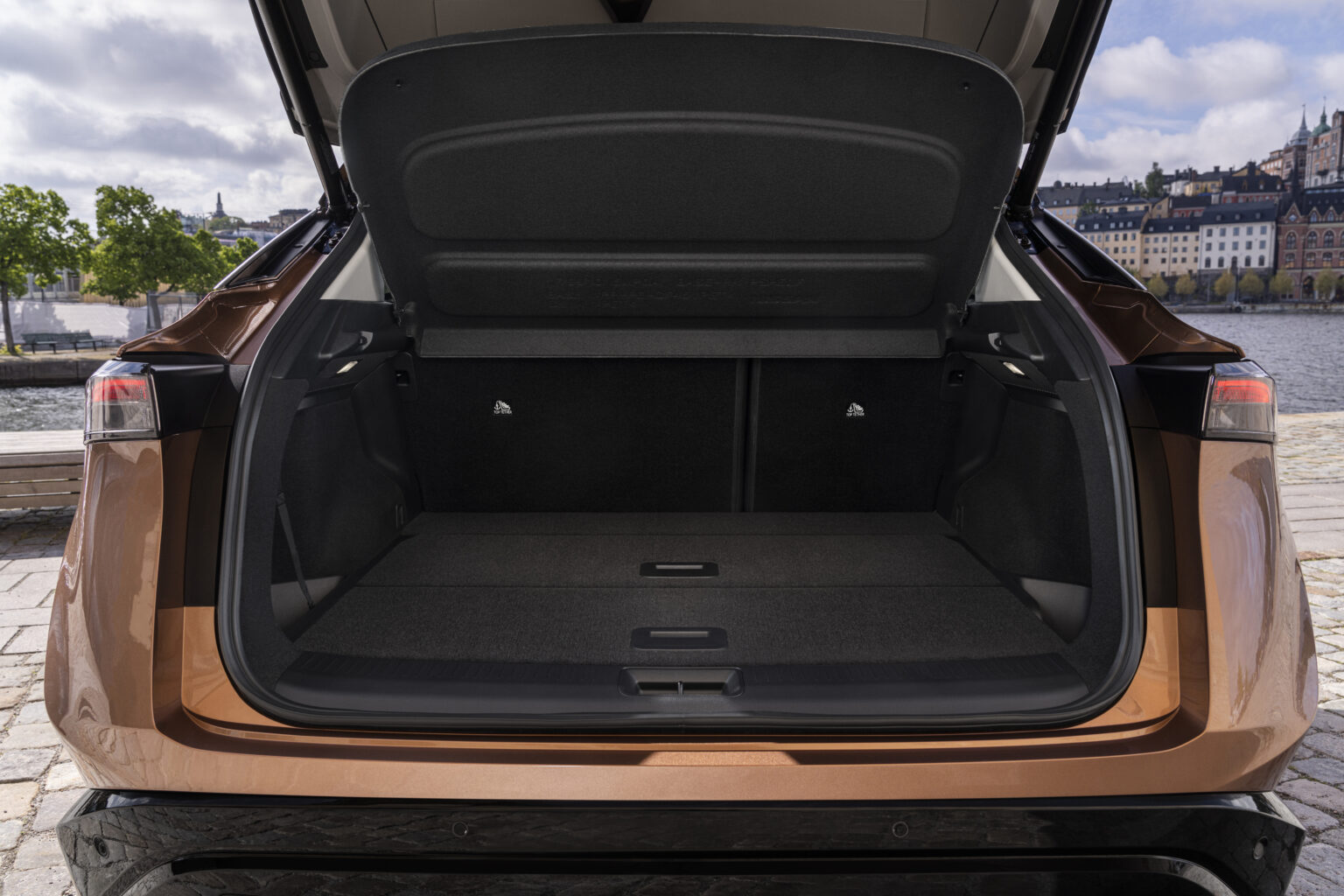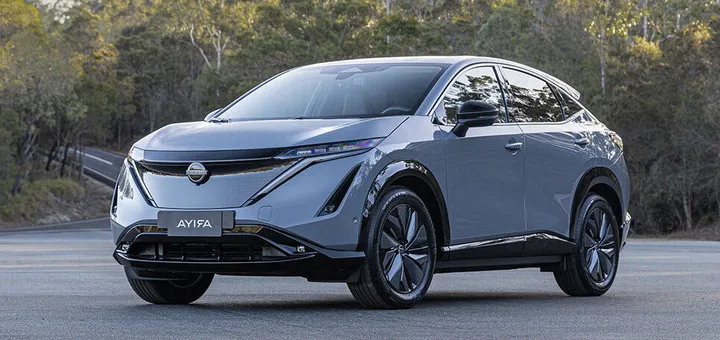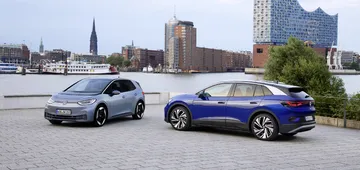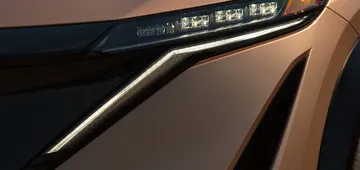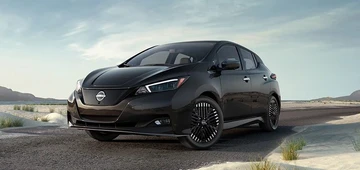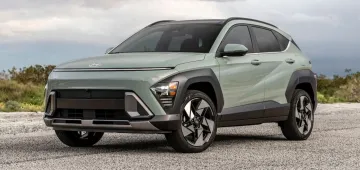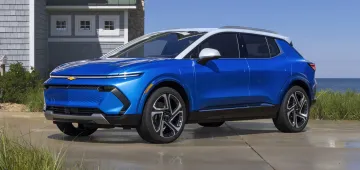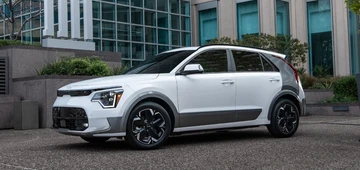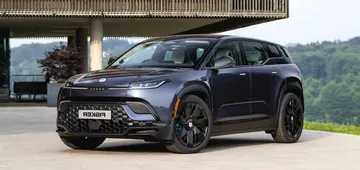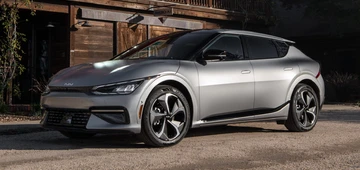Japanese Carmaker Nissan Adopts Tesla’s NACS Standard for EV Charging
Japanese automaker Nissan has announced its adoption of Tesla's North American Charging Standard (NACS) for its electric vehicles (EVs), starting from 2025. This move signifies Nissan's commitment to making electric mobility more accessible, aligning with their long-term vision of greater electrification under the Ambition 2030 plan.
As part of this agreement, Nissan's first electric SUV, the 2023 Nissan Ariya, will be equipped with a NACS charging adapter, enabling access to Tesla's Supercharge network in the following year. This will mark the first time Nissan offers EVs with NACS charging ports in the US and Canada, providing customers with access to Tesla's extensive and reliable Supercharger network, which currently boasts around 17,000 charging stations across the US.
Nissan is retooling its Canton, Mississippi assembly plant to become its North American electrification hub, with plans to introduce two new electric vehicles assembled at the facility starting from late 2025. These upcoming models, including electric sedans and crossovers, will play a vital role in helping Nissan achieve its goal of 40% EV sales in the US by 2030.
By joining forces with Tesla and adopting NACS, Nissan aims to provide thousands more fast chargers for its EV drivers, enhancing the convenience and confidence of long-distance travel. While Nissan takes this step forward, other Japanese automakers like Toyota and Honda have yet to commit to Tesla's charging revolution. This move may encourage other companies to follow suit and expedite the transition to electric vehicles in the Japanese market.
Nissan has recently decided to adopt the NACS charging standard, following in the footsteps of Mercedes who also made similar announcements to collaborate with Tesla and embrace this charging standard. Tesla's NACS connector has also been chosen by numerous charging station companies, EV startups, and German automakers, which further establishes it as the prevailing standard in North America.
